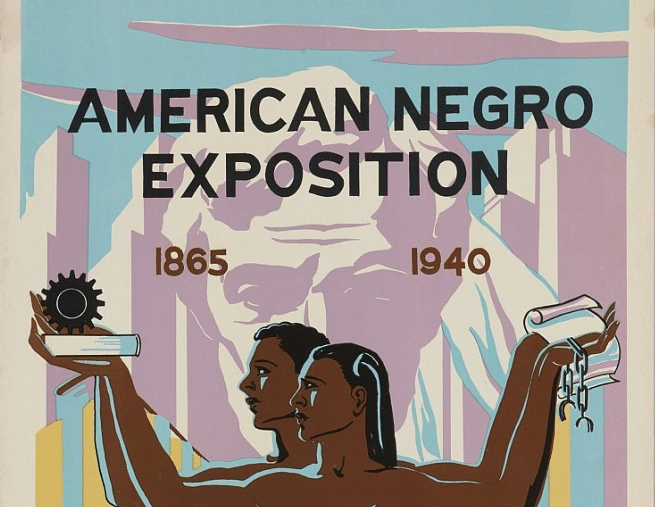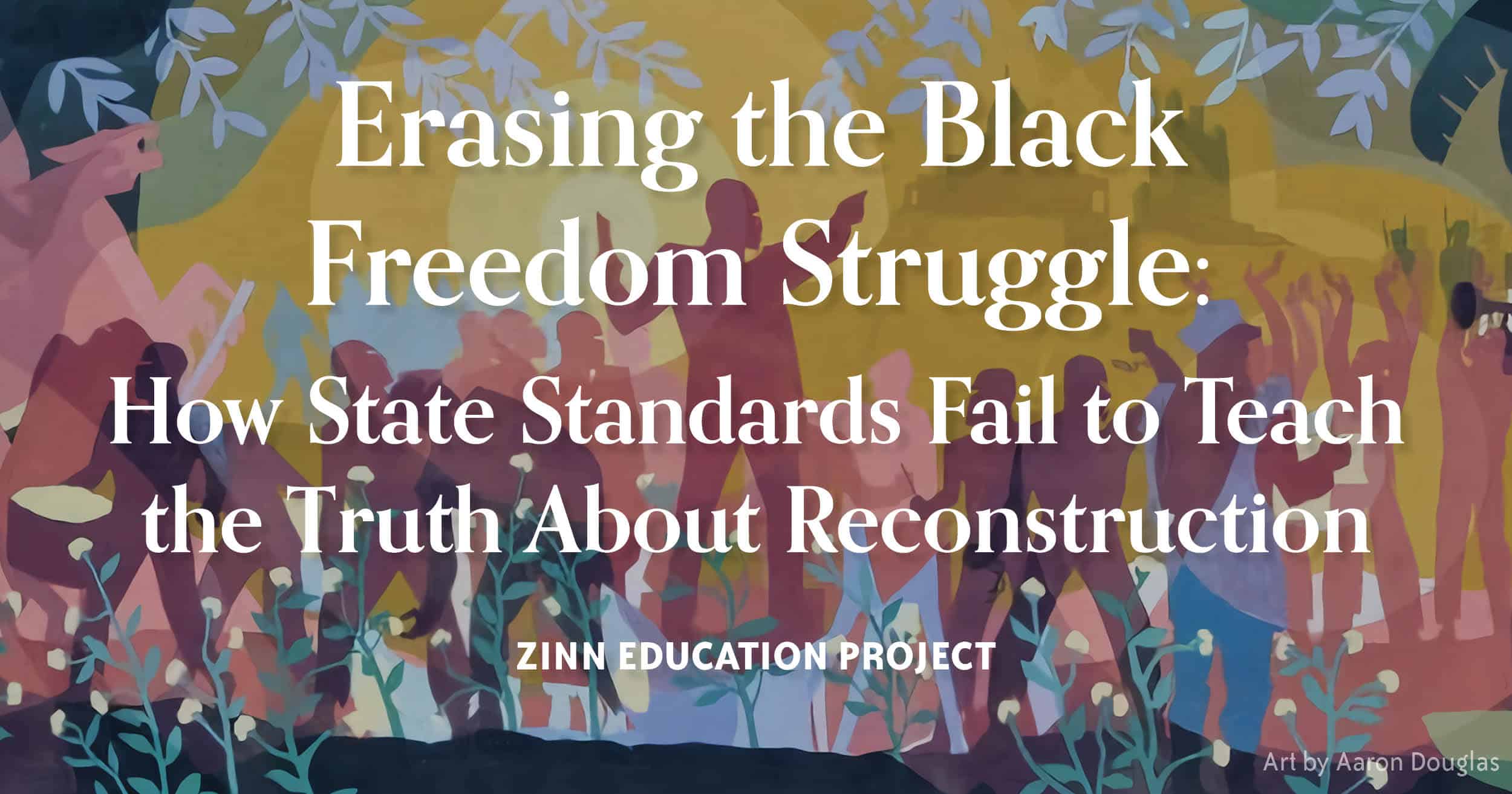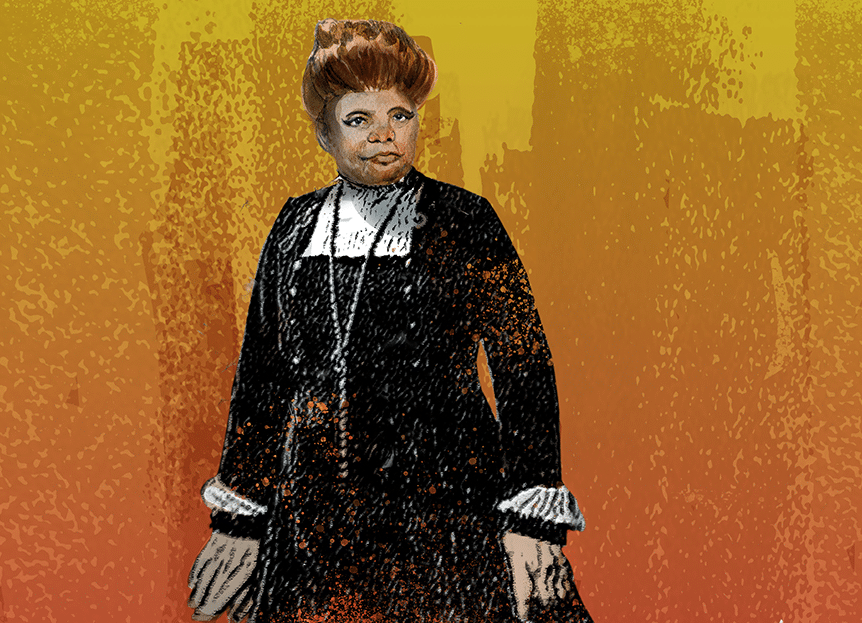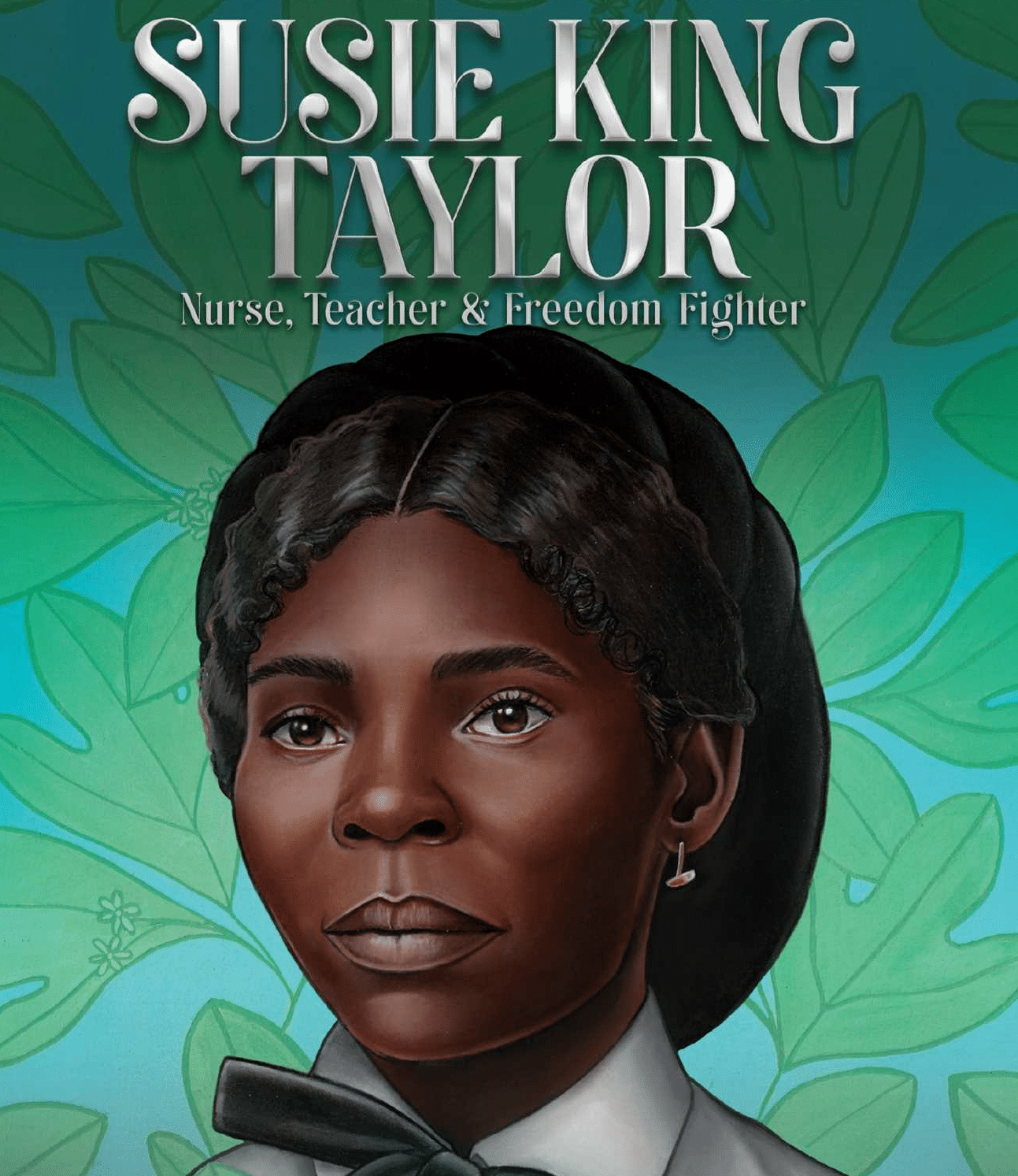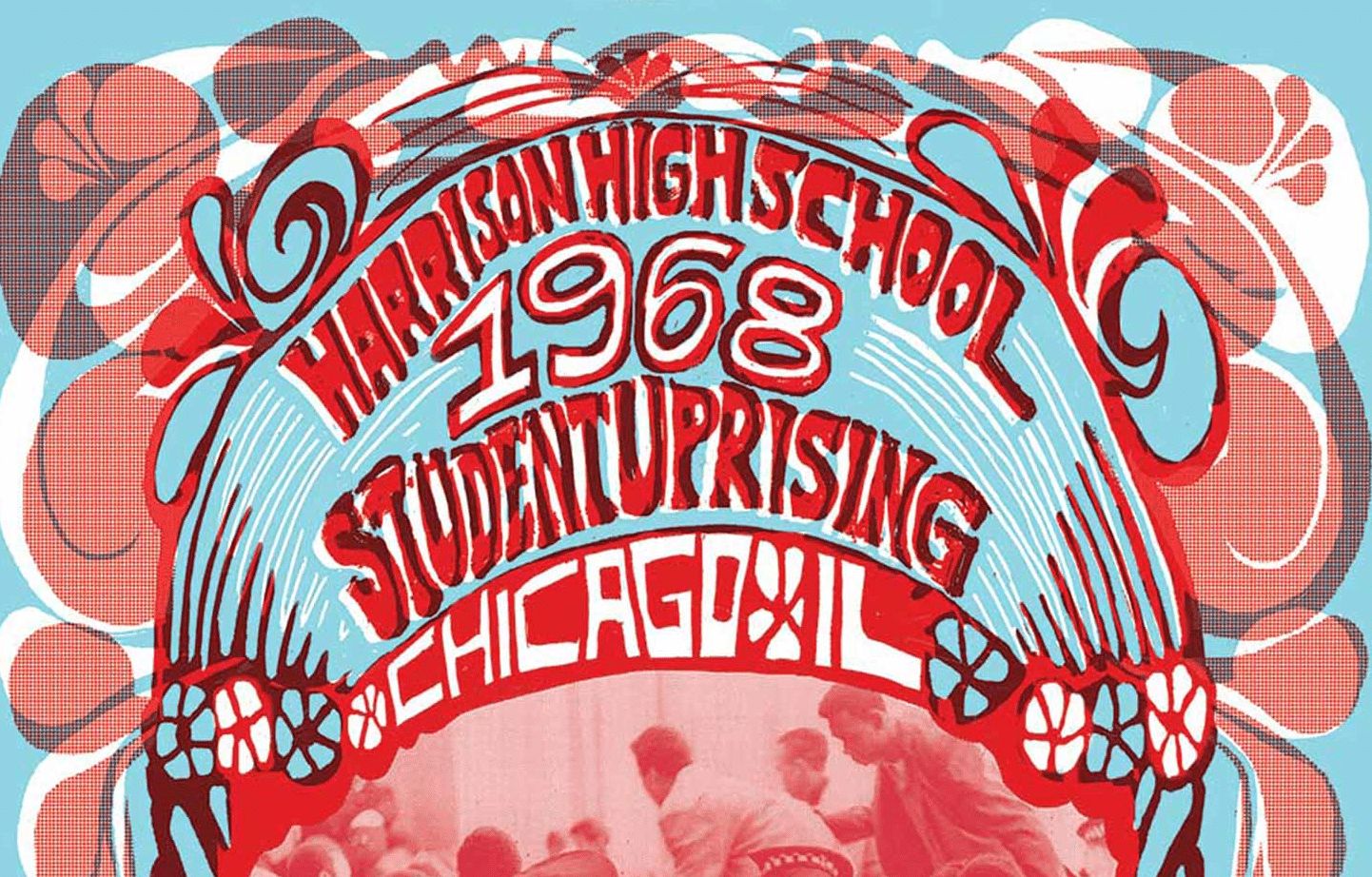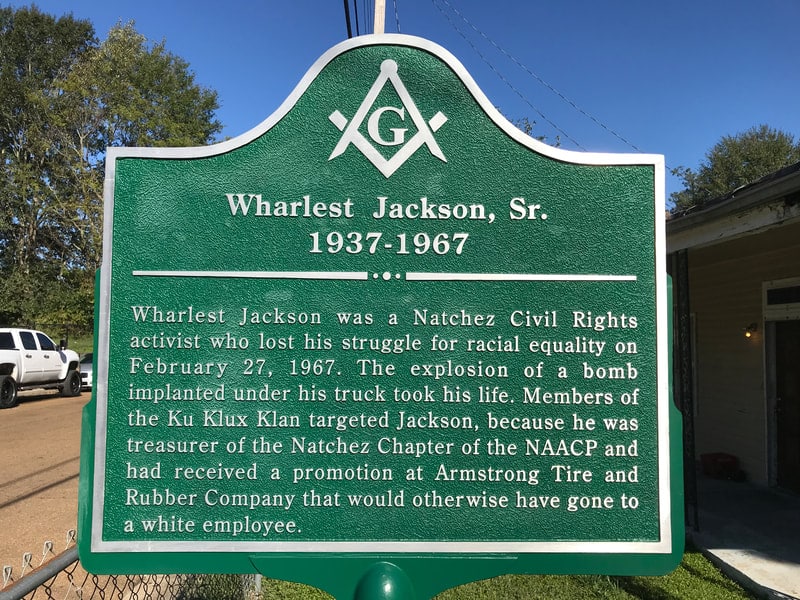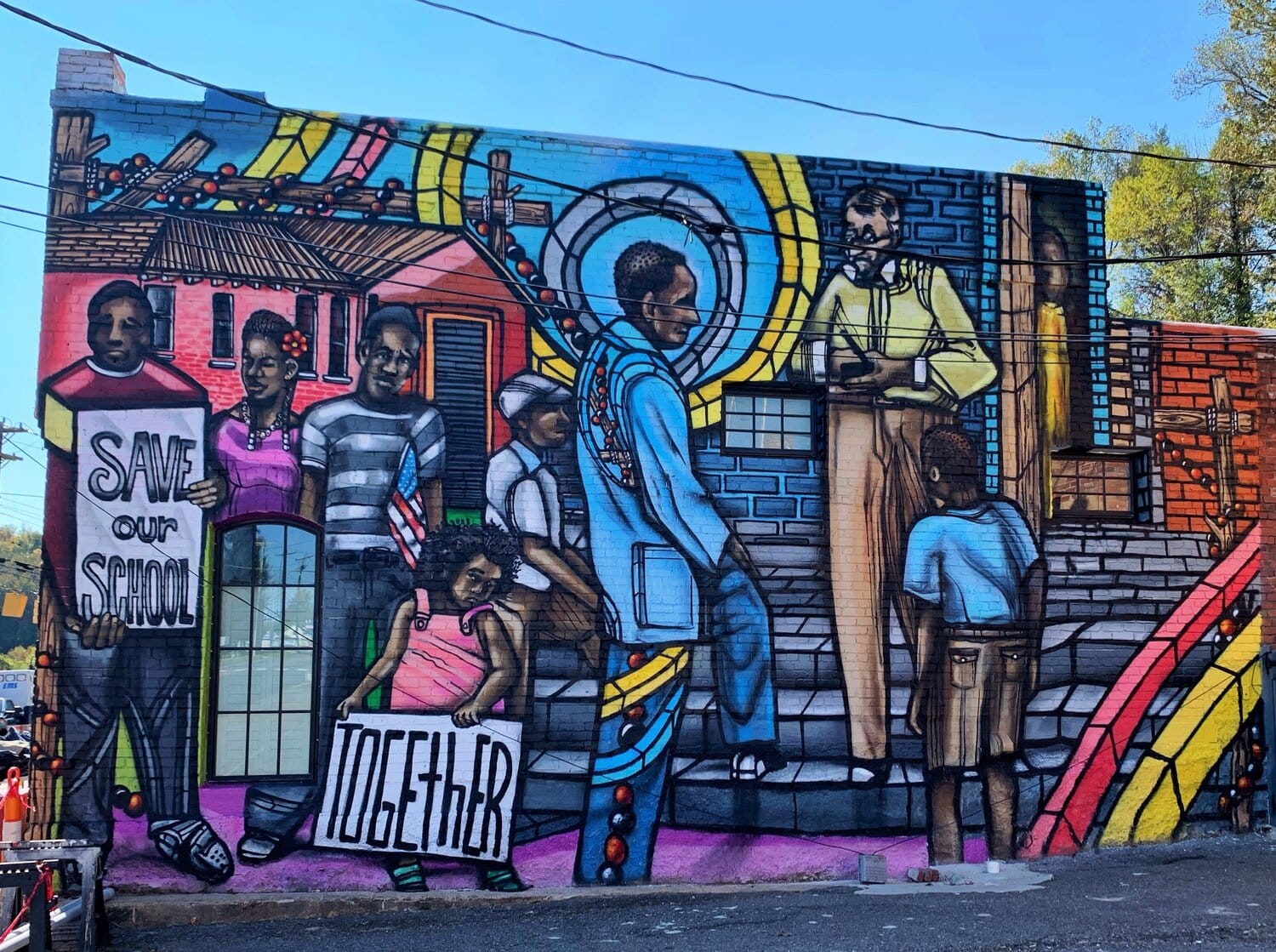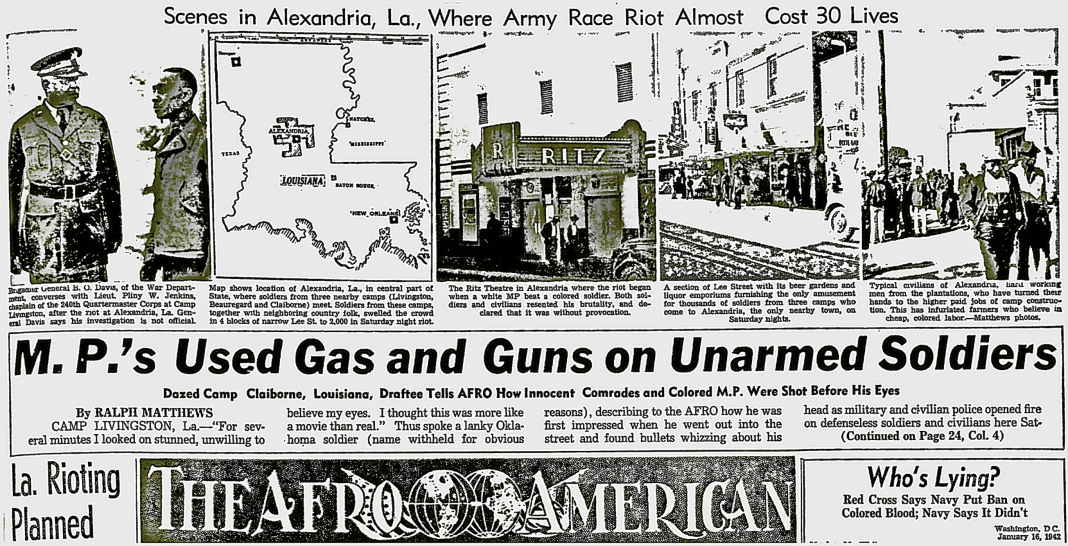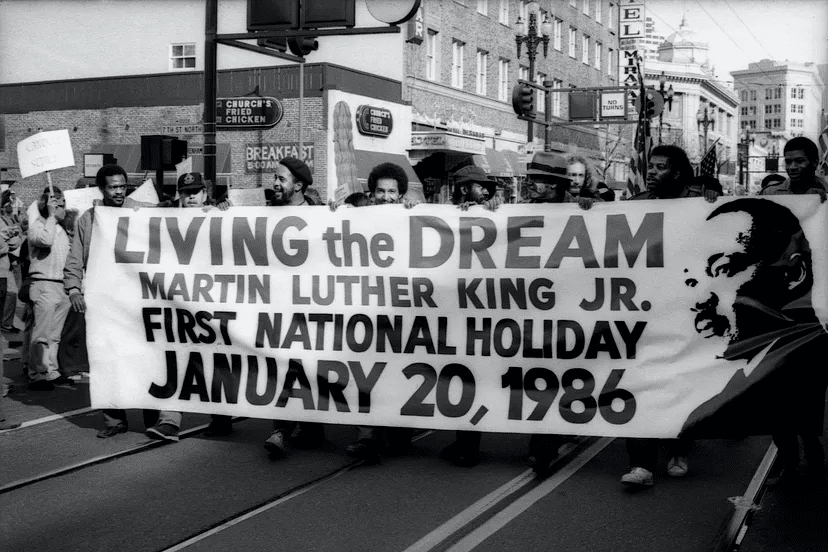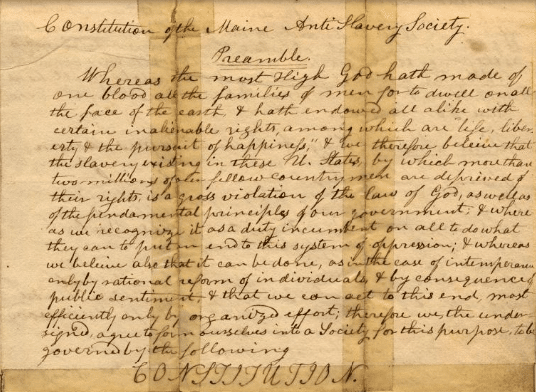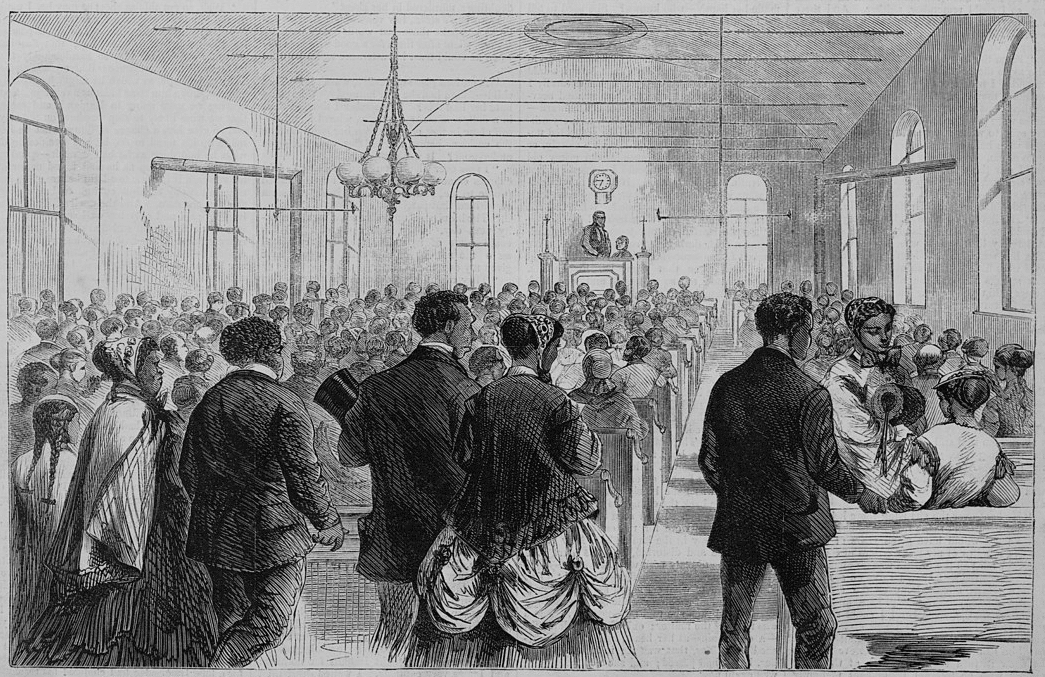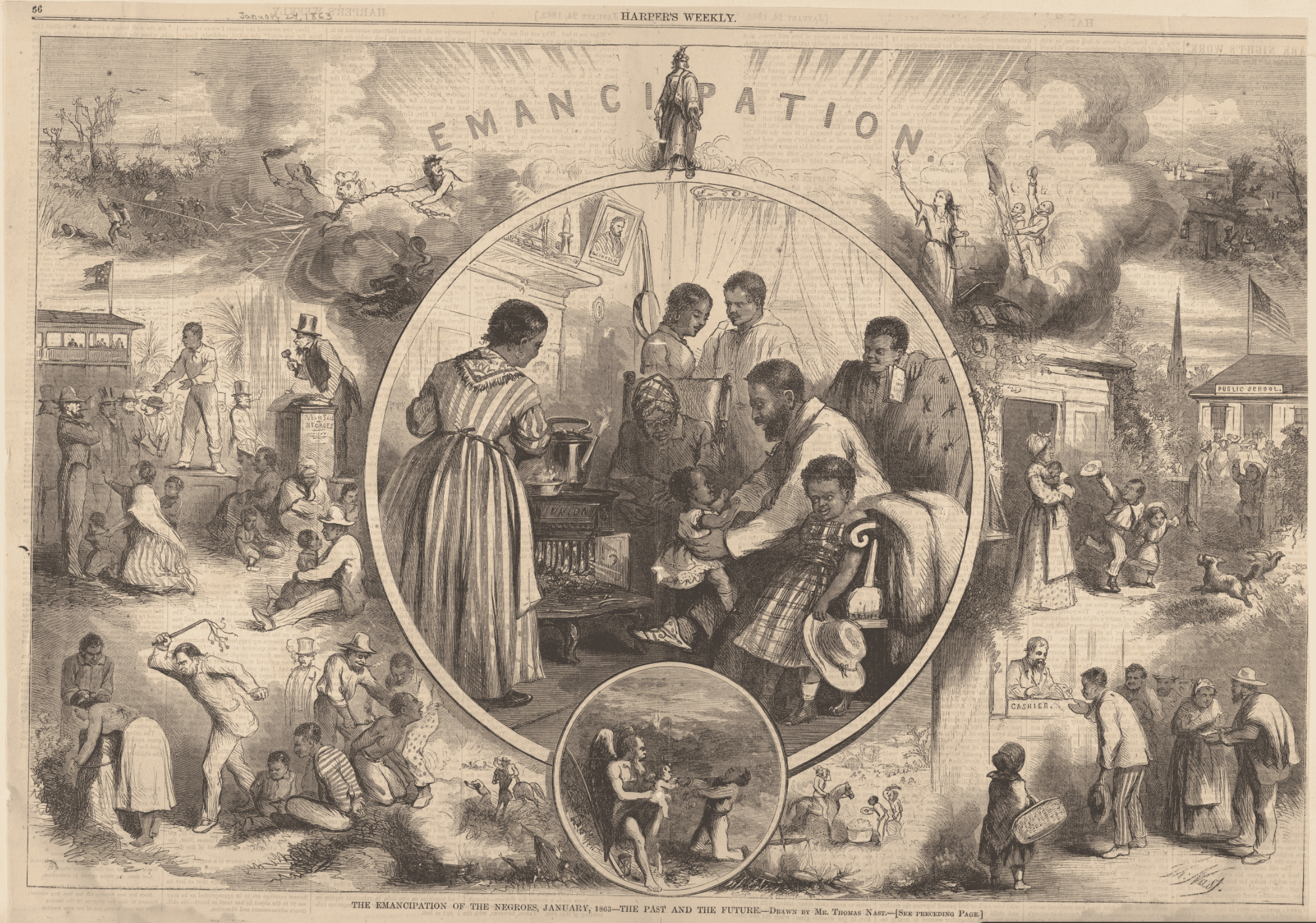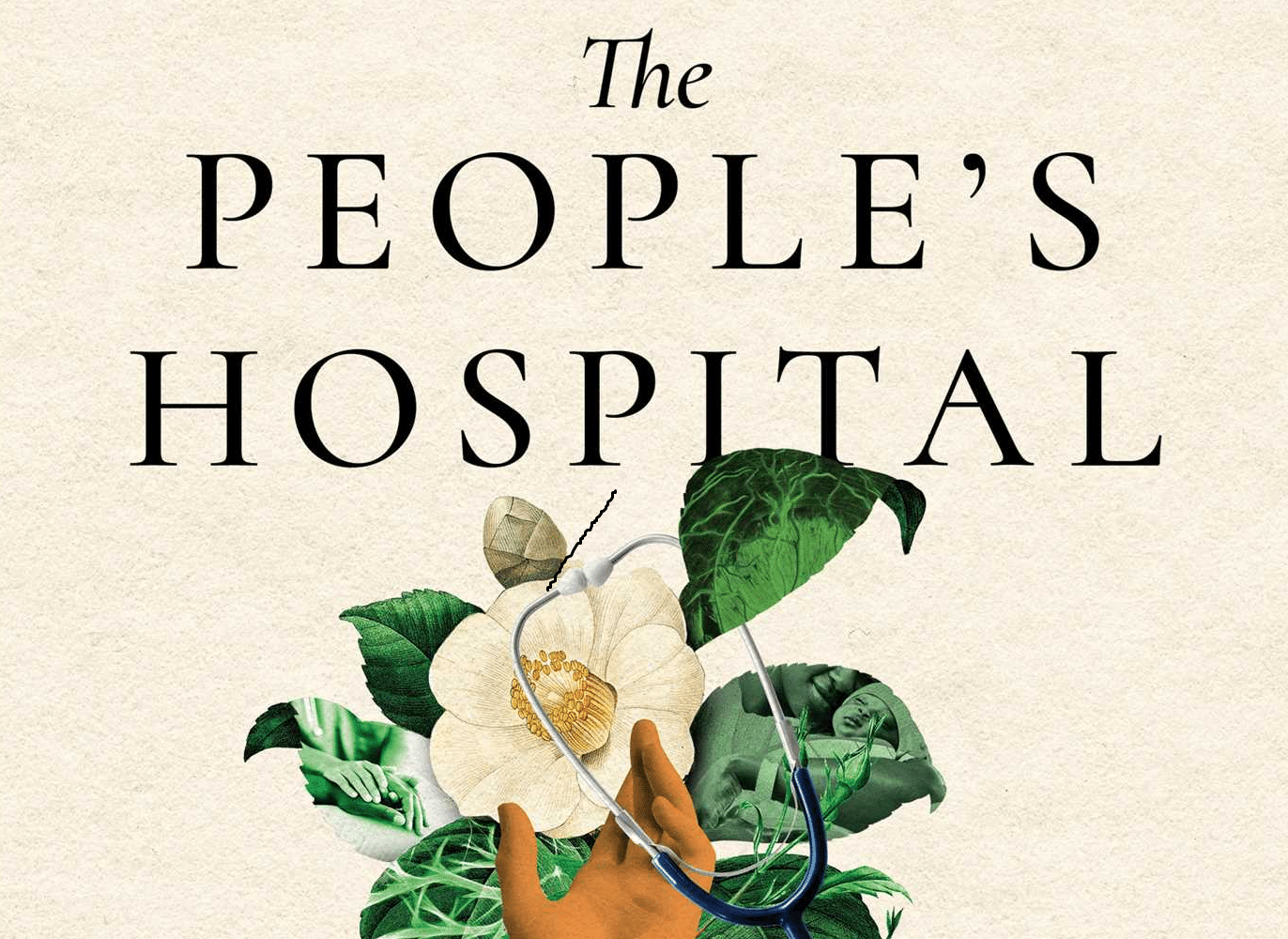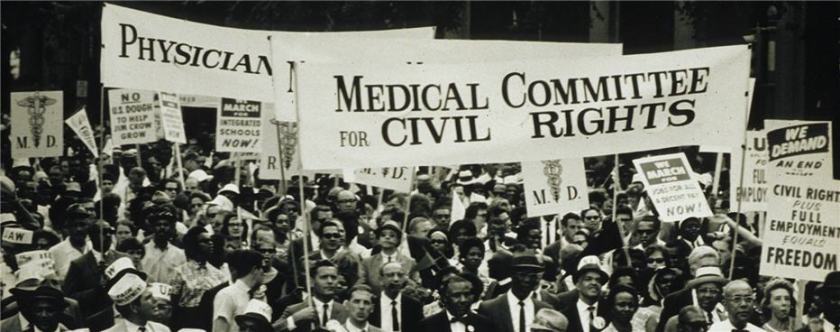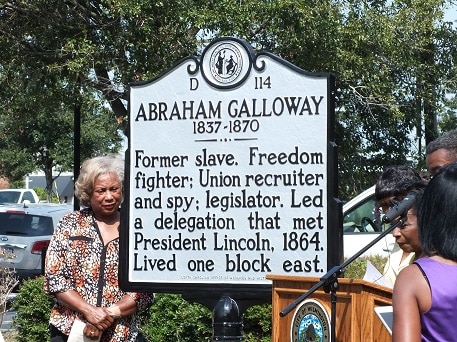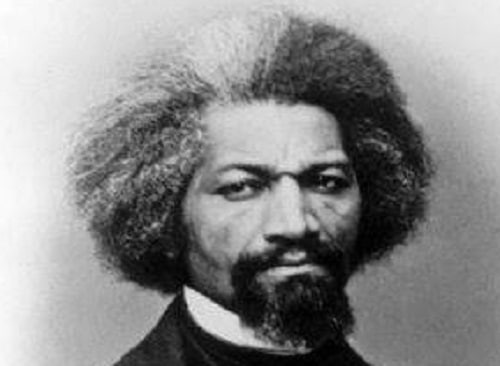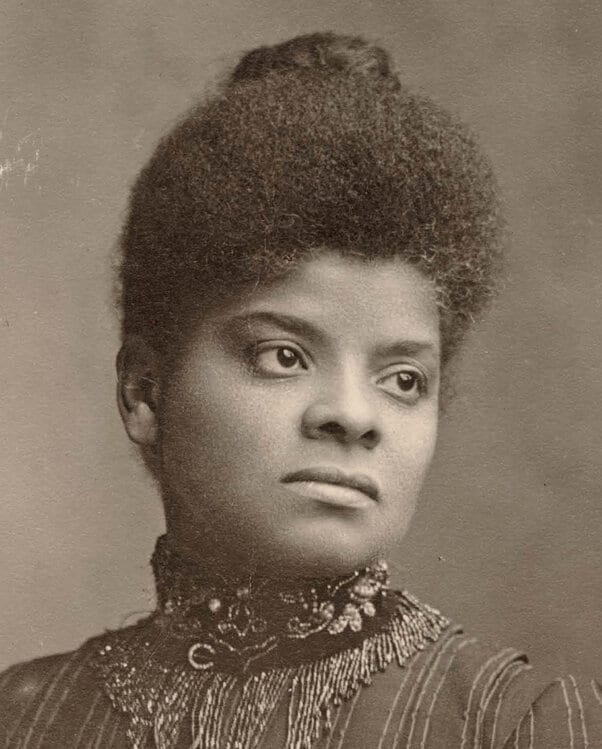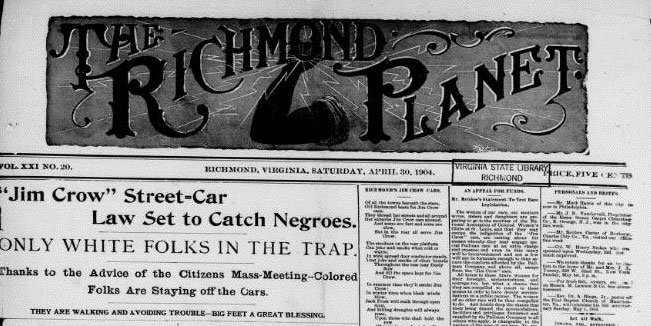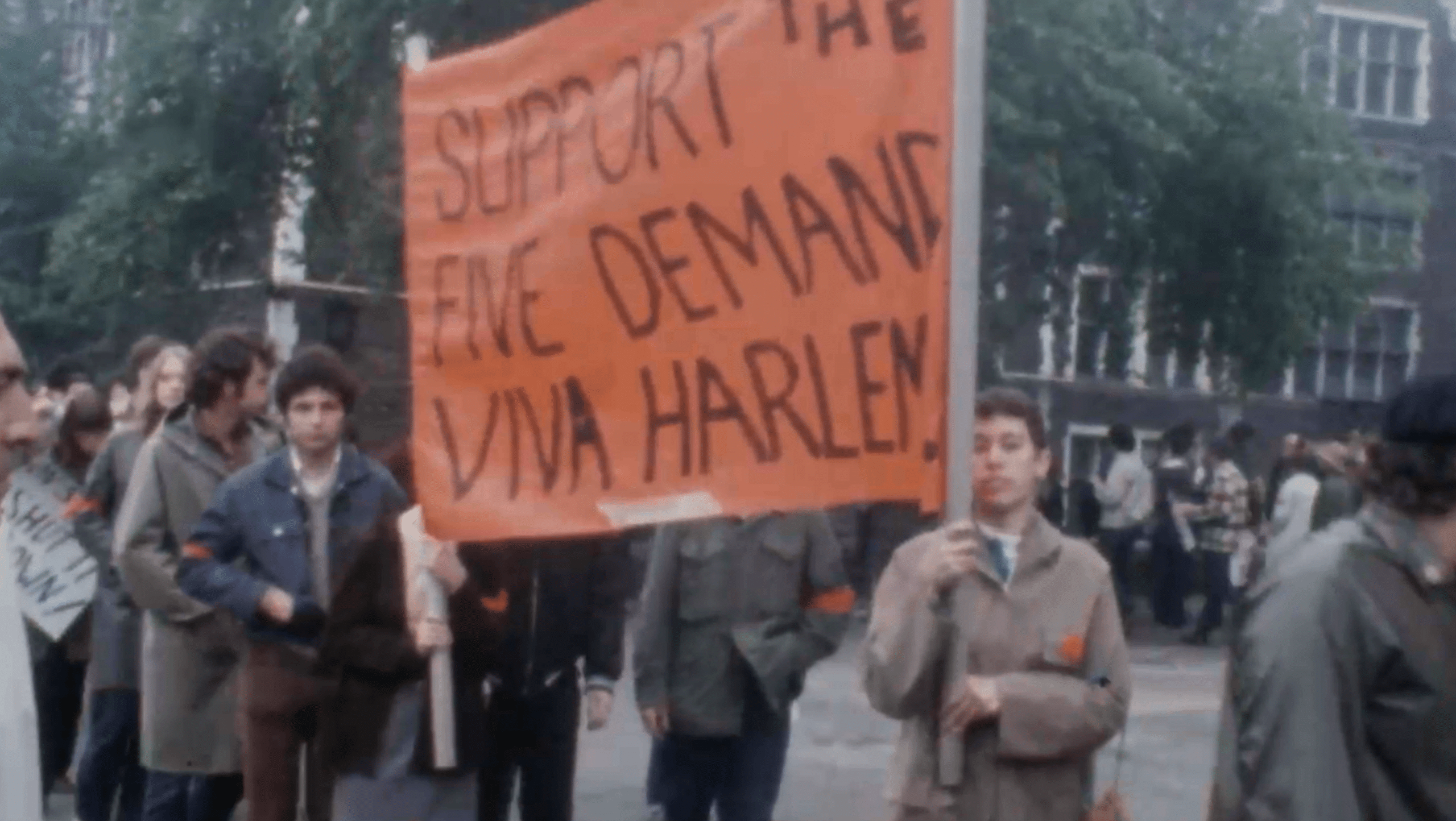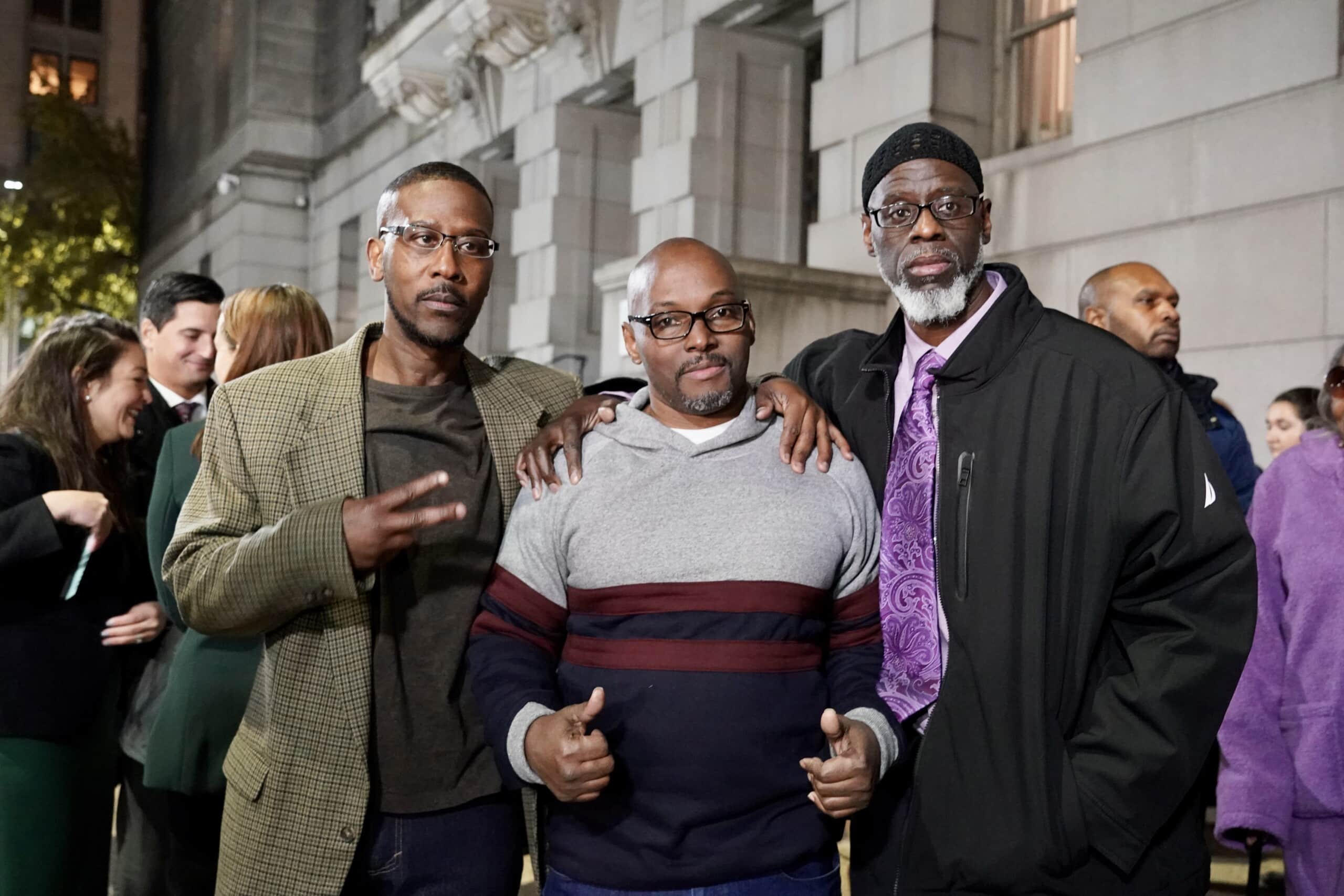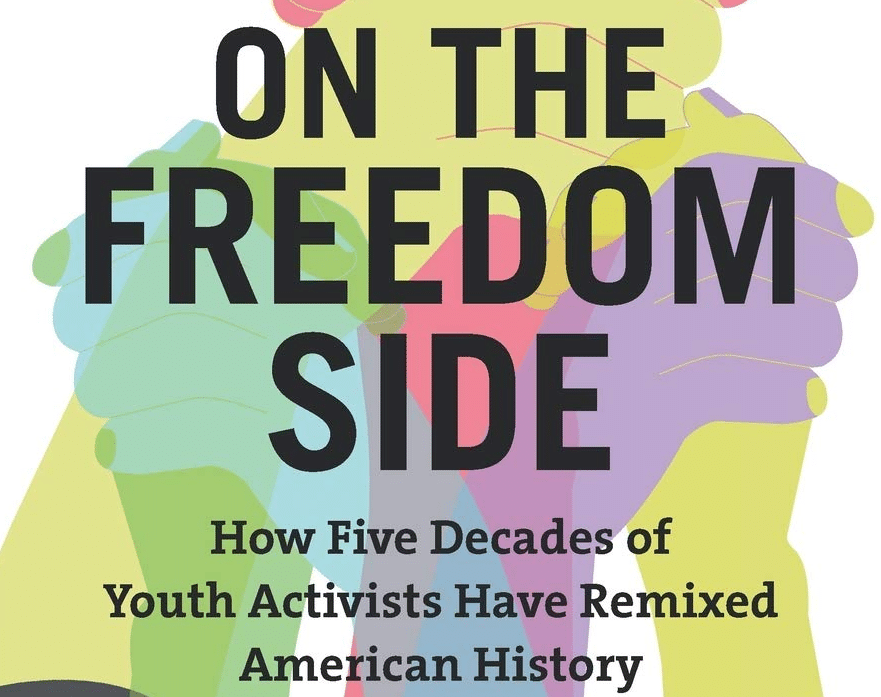To celebrate the 75th anniversary of the ending of slavery in the United States, the Black World’s Fair, also known as the American Negro Exposition, was held at the Chicago Coliseum from July through September 1940.
Continue reading
Article. By Ana Rosado, Gideon Cohn-Postar, and Mimi Eisen. 2022. 44 pages.
The report includes assessments of education standards in all 50 states and the District of Columbia, along with findings and recommendations for how to improve instruction on Reconstruction.
Continue reading
Teaching Activity. By Matt Reed. Published by Rethinking Schools. 2023.
This mixer activity helps students uncover the radical legacy of Ida B. Wells.
Continue reading
Book — Non-fiction. By Erica Armstrong Dunbar, with Candace Buford. 2023. 288 pages.
A biography of Susie King Taylor, a nurse, teacher, and freedom fighter.
Continue reading
Book — Non-fiction. By Terry Catasús Jennings and Rosita Stevens-Holsey, illustrated by Ashanti Fortson. 2022. 288 pages.
A biography of Pauli Murray, a queer civil rights and women’s rights activist who fought in the trenches for many of the rights we now take for granted.
Continue reading
Book — Non-fiction. By Howard Zinn, adapted by Rebecca Stefoff with additions by Ed Morales. Translated by Hugo García Manríquez. 2023. 608 pages.
A Spanish translation of the young adult version of the best-selling A People’s History of the United States.
Continue reading
One third of the students at Harrison Technical High School staged a walkout to protest the lack of African American history classes, overcrowding and poor conditions, and more.
Continue reading
Wharlest Jackson (1930–1967), treasurer of the Natchez, Mississippi branch of the NAACP, was assassinated with a car bomb.
Continue reading
The destruction of a local Black elementary school and the refusal to allow Black children to attend the all-white school led to a years-long battle for desegregation in Old Fort, North Carolina.
Continue reading
In an attempt to gain pay equity for Black teachers in Maryland, William B. Gibbs Jr. became the lead plaintiff in the NAACP’s case for pay equity in Montgomery County, a case known as Gibbs v. Broome.
Continue reading
A month after the bombing of Pearl Harbor, Black soldiers on R&R in the town of Alexandria, Louisiana were attacked by local and military police, with dozens murdered and countless others injured in this brutal instance of Jim Crow violence.
Continue reading
The United States celebrated its first national Martin Luther King Jr. holiday, three years after the holiday was signed into law and eighteen years after the fight for a King holiday began.
Continue reading
The first Maine Anti-Slavery Society Convention was held in Augusta.
Continue reading
The first Colored Convention in Maine was an opportunity for northern Black abolitionists to organize and strategize for racial justice and the freedom of those still enslaved throughout the South.
Continue reading
While the state of Rhode Island legally abolished slavery in 1652, it wasn’t until 1784 — after mounting public pressure to do away with the enslavement of other human beings once and for all — that the state passed the Gradual Emancipation Act.
Continue reading
Book — Non-fiction. By Ricardo Nuila. 2023. 384 pages.
Tells the story of five uninsured Houstonians who are each struggling with life-threatening ailments and denied critical care until they arrive at Ben Taub Hospital, where they find a crucial model of innovative healthcare.
Continue reading
The Medical Committee for Human Rights (MCHR) provided support to civil rights workers in Mississippi at the height of the Civil Rights Movement and raised awareness of the health care disparities due to racism in the United States.
Continue reading
During his 33 years, Abraham Galloway accomplished more than most. An abolitionist, a freedom fighter, a spy, a politician, Galloway rose to prominence during the Civil War and Reconstruction, leaving a legacy of Black leadership and resistance to white supremacy and white violence.
Continue reading
In protest of Jim Crow discrimination on public transportation, Frederick Douglass and his friend, white politician James N. Buffum, boarded a Eastern Railroad Company train, in a first class car and were promptly ejected from the train.
Continue reading
Ida B. Wells stood up to injustice by refusing to change seats on a segregated Chesapeake, Ohio & Southwestern Railroad train, leading to a legal battle over racially discriminatory laws.
Continue reading
With a list of five demands, Black and Puerto Rican students at City College of New York (CCNY) orchestrated a campus-wide closure that lasted more than two weeks.
Continue reading
The Harlem Park Three — Alfred Chestnut, Andrew Stewart, and Ransom Watkins — spent decades imprisoned on a wrongful conviction before gaining their freedom in 2019.
Continue reading
Book — Non-fiction. By Wesley C. Hogan. 2019. 368 pages.
This comprehensive collection documents and assesses young people’s interventions in the fight for democracy in the United States.
Continue reading
Book — Non-fiction. By Jesse Hagopian. 2025. 302 pages.
A call to defend honest education for our students, showing how we can reclaim suppressed history by creating beloved classroom communities and healthy social movements.
Continue reading

